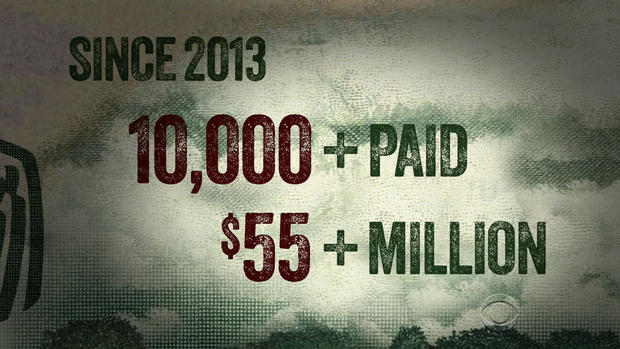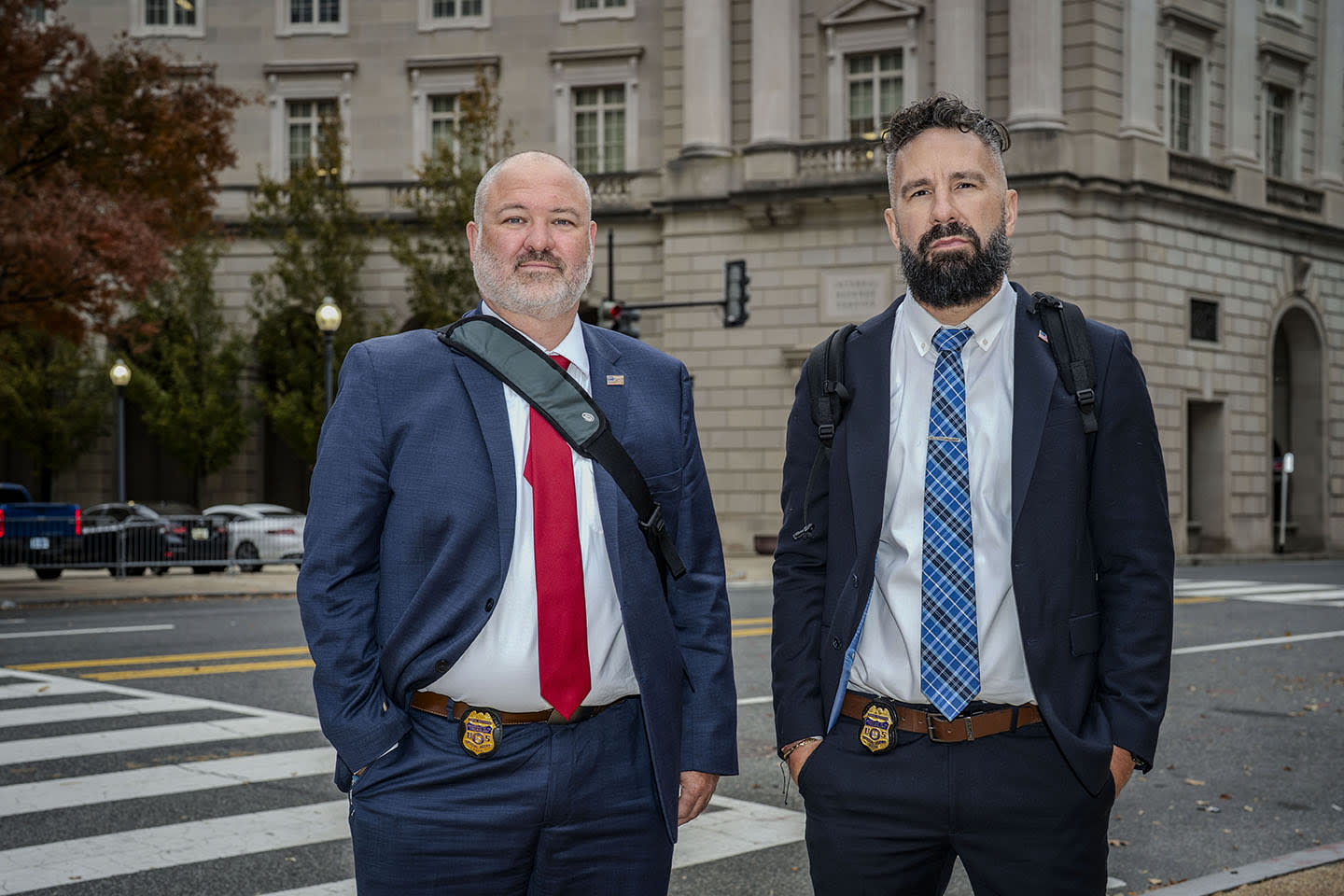Advocates worry new IRS debt collection service leads to fraud, confusion
NEW YORK -- Change is coming to the Internal Revenue Service because it’s now hiring private debt collectors to go after people who haven’t paid their taxes.
Two years ago, 79-year-old Mary van Essendelft was scammed out of her entire retirement savings -- nearly $100,000.
“They said I shouldn’t call anybody because the house and phone was bugged,” Essendelft said. “They wanted me to get in my car, go get some money.”
- In case you think tax frauds are going away
- IRS scam costs Connecticut college student over $7,900 in gift cards
Essendelft thought she was talking to the IRS.
“He said he had a rep and he had an office and sounded like the real McCoy,” she told CBS News.
Since 2013, nearly two million people like Essendelft have been called by people posing as government agents, according to the Inspector General for Tax Administration.
To date, more than 10,000 of them were duped into paying $55 million.
“Don’t believe them, just hang up,” an IRS public service announcement suggests.
Over the years the IRS has created several public service announcements that warn taxpayers that they do not call to collect money.
But now that’s changed because the IRS is allowing private debt collectors to call people who owe back taxes.
Here’s how the new program works:
- The IRS will notify taxpayers, by letter first, when their account is being turned over.
- The agency assigned to your case will then also send a letter.
- After that they could call you to discuss payment options.
- The agency gets a 25 percent commission on the money it collects.
But some worry the new program could lead to more fraud and confusion among taxpayers.
“I think the IRS is creating a system where more people who are vulnerable will be taken advantage of,” said Ira Rheingold, executive director of the National Association of Consumer Advocates.
“It makes absolutely no sense on policy grounds, on budgetary grounds,” Rheingold said. “It’s a rule that is going to cause havoc for consumers.”
The IRS says that payment should never be sent to a private agency or anyone; instead, they should only be made directly to the IRS or the U.S. Treasury.






